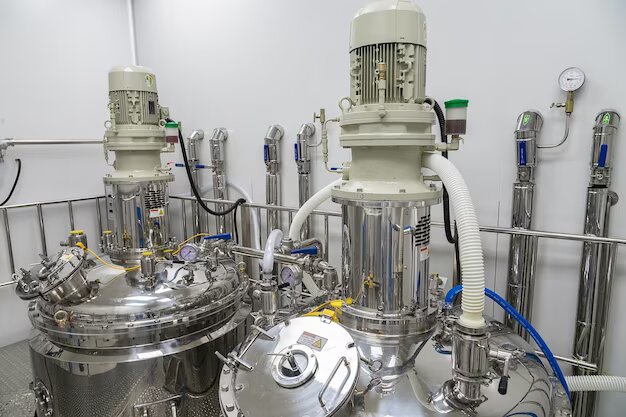An increasing number of valve manufacturers are involved in Cryogenic testing. cryogenic shock testing is critical in evaluating components, particularly valves with end-use in cryogenic service. Components are immersed in liquid nitrogen and cooled to temperatures below -300F. Once cooled, test gases flow through the component’s leaks, and flow rates are recorded with specialized flow meters. Cryogenic testing services include both cold shock testing and cryogenic leak detection. They can also identify microscopic damage that occurs before failure. These tests can confirm the system’s efficiency, performance quality, and standards compliance.
Ability Engineering company specializes in providing engineering, cryogenic, and process equipment and precision-machined parts for application within the energy, industrial, and scientific market segments for engineering & designing products for manufacture.
It also specializes in designing customized vessels and piping assemblies used in various temperature and pressure ranges, including cryogenic applications. Most of the solutions are used throughout the liquid-gas supply chain for the purification, liquefaction, distribution, storage, and end use of gases and hydrocarbons, including cryogenic transfer, storage, and processing such as insulated vacuum piping, dewars, valve boxes, etc.
The industrial applications of cryogenic shock testing
The appropriate cryogenic testing procedures are essential for valves and interfaces, components constructed of advanced composite materials, and cryogenic pressure vessels. Cryogenic testing procedures involve liquid nitrogen immersion, flow, or spraying.
Depending on the system and customer requirements, technicians can combine these procedures. Cryogenic shock testing is famous for using liquid natural gas system components. The best low-temperature testing firms can create well-calibrated cryogenic testing procedures at 60° F (-162° C), the temperature of liquid natural gas. Cryogenic shock testing is a growing requirement in petrochemical, power generation, electronics, aerospace, and oil and gas.
Valves Cryogenic Testing
Cryogenic shock testing helps firms identify the best and safest practices for manufacturing valve components and processes for designing refinement, energy transportation, and other high-pressure systems and pipelines. Cryogenic valves are built to handle extreme temperature and pressure conditions. To ensure a cryogenic valve’s reliability, cryogenic shock testing of valves is done. A faulty valve can lead to severe damage because these valves primarily carry chemicals. Leakage of such chemicals can be a hazard and create unwanted situations. The cryogenic valve is tested according to the operating pressure specified for its class. The tests determining their quality include the Shell Strength Test, Seat Leak Test, Cryogenic Production Test, and Cryogenic Testing of Valves using Liquid Nitrogen. The firms that make the best possible use of customizable cryogenic testing processes can work to manage the risk of operations adequately.
Cryogenic Check Valve
The Ability Engineering company specializes in the engineering and fabricating of cryogenic and high-pressure equipment such as gas processing, cryogenic storage and transfer, ASME vessels, and piping systems. It utilizes and provides a cryogenic check valve as a go-to solution for cryogenic vapor and liquid flow direction management. The Check Valve is designed to be installed vertically and harnesses gravity to return to a closed position every time. With a fully welded construction, the check valve body is guaranteed to seal and is approved for helium-checking services.
The Ability Engineering Cryogenic Check Valve is also beneficial in decreasing thermal and acoustic oscillations in helium and hydrogen systems. Ability Engineering is also involved in hydrogen gas cryogenic adsorption cleaners designed and manufactured for explosion-proof environments, with or without electronic controls. When seeking hydrogen gas cleaners for an application, make sure to contact those that are familiar with working with sensitive gases. The company can use a basic design idea and develop a way to meet all applicable code requirements suitably and ultimately provide a quality product at a competitive price.










